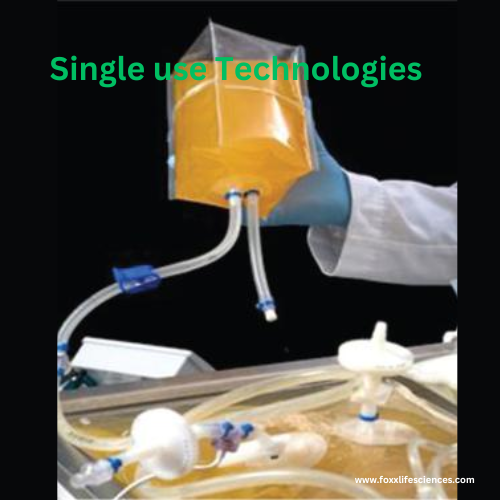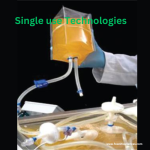
Single-use technologies (SUTs) have revolutionized industries by offering cost-effective, flexible, and contamination-free solutions. These technologies are commonly used in biopharmaceuticals, healthcare, food, and research laboratories to enhance efficiency and reduce operational burdens. With the rising demand for sustainable and efficient manufacturing processes, single-use technologies are becoming an integral part of various industries.
Understanding Single-Use Technologies
What Are Single-Use Technologies?
Single-use technologies refer to disposable components used in manufacturing and research to eliminate cleaning, sterilization, and cross-contamination risks. These include bioreactors, filtration systems, tubing, and disposable sensors.
Key Features of SUTs
-
Pre-sterilized and ready to use: Reduces contamination risks.
-
Flexible and scalable: Easily adaptable for different production scales.
-
Disposable: Eliminates the need for extensive cleaning and validation.
Advantages of Single-Use Technologies
Cost-Effectiveness
Using disposable systems reduces the cost of sterilization, maintenance, and infrastructure setup.
Reduced Risk of Contamination
Pre-sterilized components ensure a contamination-free environment, crucial for biopharmaceutical manufacturing.
Increased Efficiency in Production
SUTs enable rapid changeovers between production batches, minimizing downtime.
Environmental Impact and Sustainability
While single-use systems generate waste, many innovations focus on biodegradable and recyclable materials to mitigate environmental concerns.
Applications of Single-Use Technologies
Biopharmaceutical Industry
SUTs are widely used in vaccine production, monoclonal antibodies, and cell culture processes.
Healthcare and Medical Devices
From IV bags to disposable surgical instruments, SUTs play a vital role in healthcare.
Food and Beverage Industry
Single-use filtration and processing systems ensure hygiene and efficiency in food manufacturing.
Laboratory Research and Diagnostics
SUTs enhance accuracy and reduce contamination in research labs.
Challenges of Single-Use Technologies
-
Waste management: Disposing of plastic-based components responsibly.
-
Scalability: Adapting SUTs for large-scale production.
-
Supply chain dependency: Ensuring a steady supply of raw materials.
Conclusion
Single-use technologies have transformed multiple industries by offering cost-effective, flexible, and contamination-free solutions. With continuous innovations, these technologies will further improve efficiency, sustainability, and scalability.






Leave a Reply